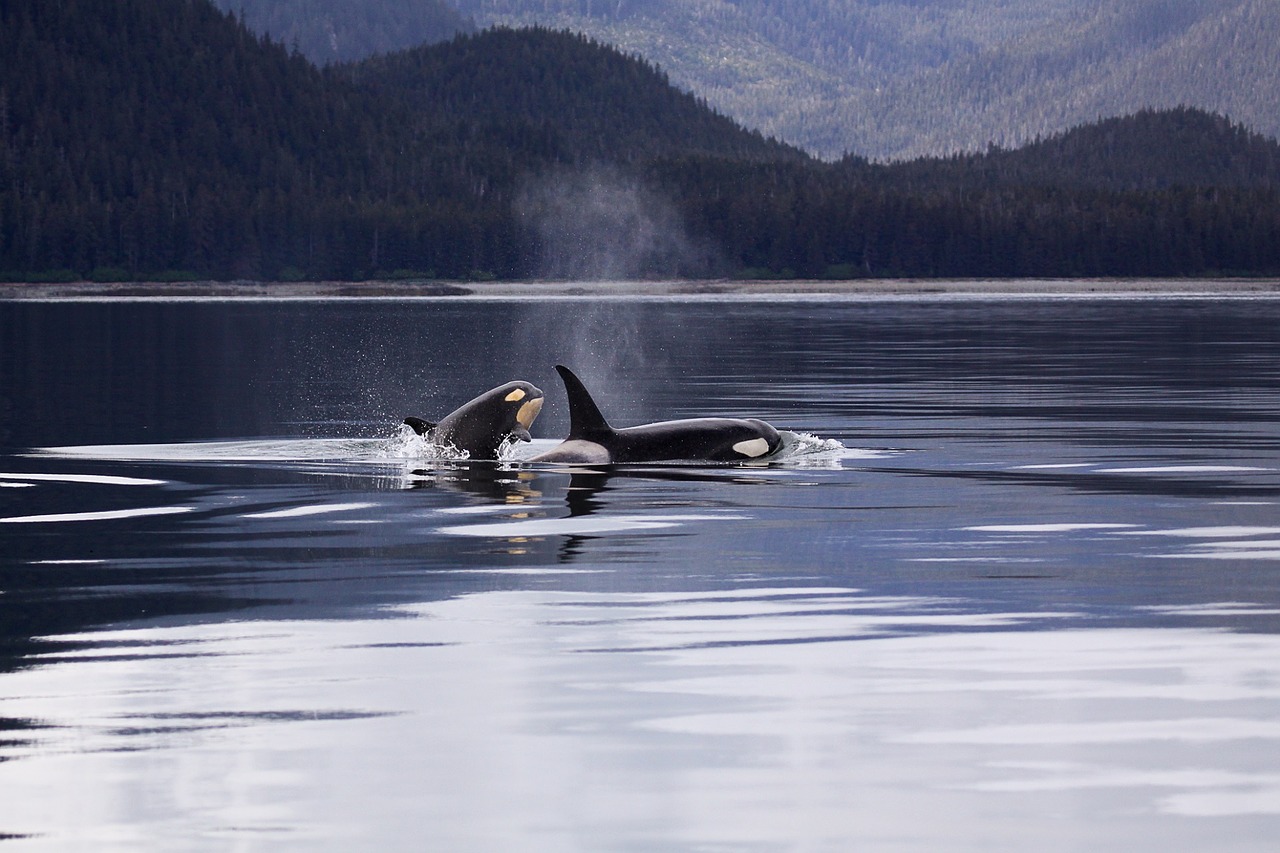This article by Sean Butler and Will Falk was published in Voices for Biodiversity on April 3rd, 2019.
On December 18, 2018, the Center for Biological Diversity and the Wild Fish Conservancy threatened the Trump administration with a lawsuit under the Endangered Species Act (ESA) for allowing salmon fisheries to take too many salmon, which the critically endangered Southern Resident orcas depend on for food.
The impulse to protect the orcas is a good one. Southern Resident orcas are struggling to survive — only 75 remain. According to the statement by the Center for Biological Diversity and Wild Fish Conservancy, “The primary threats to Southern Resident killer whales are starvation from lack of adequate prey (predominantly Chinook salmon), vessel noise …that interferes with … foraging … and toxic contaminants that bioaccumulate in the orcas’ fat.”
You probably assume, when reading that list of primary threats to the orcas, that the threatened lawsuit would demand an end to these harmful activities. But it doesn’t. Instead, the organizations are merely asking the National Marine Fisheries Service — the agency responsible for issuing permits to Pacific coast fisheries — to deal with alleged violations of the ESA.
The Center for Biological Diversity and the Wild Fish Conservancy aren’t asking that activities harmful to Chinook salmon, and consequently to the Southern Resident orcas, be stopped. They aren’t asking for noisy vessels that disturb the whales’ foraging behaviors to be prohibited. They aren’t even asking for an end to the toxic contaminants that accumulate in the whales’ fat.
Why aren’t they asking for any of these things? Because under American law they aren’t allowed to ask for them.
(Read the rest of this article at its original source HERE.)

